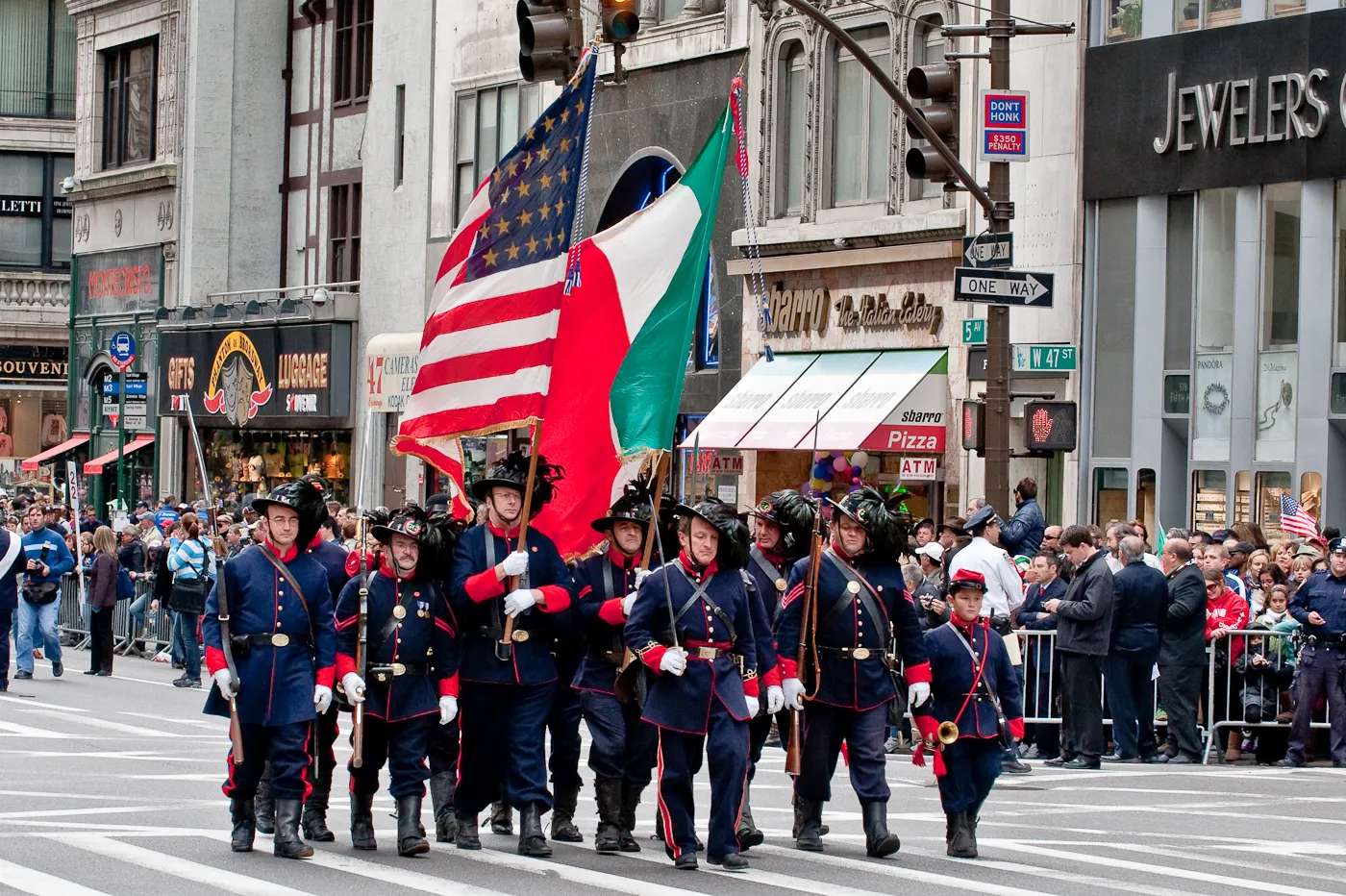Columbus Day, celebrated on the second Monday of October in the United States, commemorates the arrival of Christopher Columbus to the Americas on October 12, 1492. While the day was originally intended to honor Columbus’ journey and the subsequent European exploration of the Americas, it has become a focal point of controversy and debate, particularly concerning the legacy of colonialism and its impact on Indigenous peoples. Over the years, the meaning and observance of Columbus Day have evolved, with some communities shifting to celebrate Indigenous Peoples’ Day instead.
Historical Background: The Voyage of 1492
Christopher Columbus, an Italian explorer sponsored by the Spanish monarchs Ferdinand and Isabella, set sail from Spain in 1492 with the goal of finding a westward route to Asia. Instead of reaching Asia, Columbus landed in the Caribbean, arriving on an island he named San Salvador, now believed to be part of the Bahamas. His arrival marked the beginning of sustained European exploration and colonization of the Americas.
Though Columbus never reached the mainland of North America during his voyages, his expeditions had a profound effect on global history. His arrival paved the way for future exploration, settlement, and the exchange of goods, ideas, and culture between Europe and the Americas—an event often referred to as the Columbian Exchange. However, it also initiated centuries of colonization, exploitation, and violence against Indigenous populations, leading to significant loss of life and culture.
Origins of Columbus Day
The idea of honoring Columbus with a special day dates back to the late 19th century. Italian-American communities, seeking recognition and a sense of pride in their heritage, began to organize celebrations in honor of Columbus, who was seen as a symbol of Italian excellence and exploration. The first recorded celebration of Columbus Day took place in 1792 in New York City, marking the 300th anniversary of his landing.
In 1892, in celebration of the 400th anniversary of Columbus’ voyage, President Benjamin Harrison encouraged Americans to celebrate Columbus Day. He described it as a patriotic celebration of progress and discovery, aiming to unite the country during a period of tension and division following the Civil War.
The growing influence of Italian-American immigrants in the early 20th century helped Columbus Day gain recognition at both state and federal levels. In 1934, under pressure from the Knights of Columbus, a Catholic fraternal organization, President Franklin D. Roosevelt officially made Columbus Day a national holiday.
The Modern Celebration of Columbus Day
Today, Columbus Day is a federal holiday in the United States, observed on the second Monday of October. It is celebrated with various parades, cultural events, and educational programs, particularly in cities with large Italian-American populations such as New York, San Francisco, and Chicago. For many Italian-Americans, Columbus Day is an important symbol of cultural pride and a celebration of their contributions to American society.
Schools and institutions often hold activities related to Columbus’ exploration, teaching children about the history of his voyage and the European discovery of the New World. Traditionally, the holiday has been seen as a moment to celebrate the spirit of adventure, exploration, and the opening of new frontiers.
However, the modern understanding of Columbus Day is far from universally accepted. As awareness grows about the negative impact of European colonization on Indigenous peoples, many Americans have begun to question the appropriateness of celebrating Columbus, whose arrival led to the destruction of Native American cultures, land, and lives.
The Controversy Surrounding Columbus Day
In recent decades, Columbus Day has come under intense scrutiny due to its association with the colonization of the Americas and the subsequent mistreatment of Indigenous populations. Critics argue that celebrating Columbus overlooks the devastating consequences his voyages had on Indigenous people, including the introduction of diseases, enslavement, and violence. Columbus’ role in initiating the transatlantic slave trade is also cited as a reason to reconsider the celebration of his legacy.
Indigenous communities and their supporters view Columbus Day as a glorification of colonialism, arguing that the day erases the history and suffering of Native Americans. They assert that instead of honoring Columbus, the focus should shift toward recognizing and celebrating the resilience, cultures, and contributions of Indigenous peoples.
Indigenous Peoples’ Day: A Growing Movement
In response to the controversy, many states, cities, and institutions have replaced or supplemented Columbus Day with Indigenous Peoples’ Day. This day is intended to honor the history, culture, and contributions of Native Americans and to raise awareness about the historical and ongoing injustices they have faced. The first Indigenous Peoples’ Day was celebrated in 1992, during the 500th anniversary of Columbus’ voyage, in Berkeley, California.
The movement to replace Columbus Day with Indigenous Peoples’ Day has gained significant momentum in recent years. As of 2024, over 20 U.S. states, along with numerous cities and universities, have officially adopted Indigenous Peoples’ Day in place of Columbus Day. This shift reflects a broader effort to acknowledge the complexities of American history and to give voice to those who have historically been marginalized.
Proponents of Indigenous Peoples’ Day argue that it provides an opportunity for Americans to reflect on the nation’s colonial past, while also celebrating the cultures and contributions of Native peoples, both historically and in contemporary society. Events on Indigenous Peoples’ Day often include educational programs, cultural performances, and community gatherings focused on Indigenous history and heritage.
Current State of Columbus Day
Despite the growing movement toward Indigenous Peoples’ Day, Columbus Day remains a federal holiday, and it continues to be celebrated in many parts of the United States, particularly in Italian-American communities. For some, the holiday still symbolizes the spirit of exploration and the European contribution to the formation of the modern Americas. For others, however, it is a painful reminder of colonization and its ongoing impact on Native peoples.
In some areas, Columbus Day parades have become a point of contention, with protests and counter-celebrations held by Indigenous rights groups and their allies. These groups use the day to highlight the ongoing issues faced by Native Americans, including land rights, systemic inequality, and the need for reparative justice.
Conclusion: A Complex Legacy
Columbus Day represents one of the most complex holidays in the American calendar. While originally intended to honor a historical figure and the spirit of exploration, it has become a battleground for debates about colonialism, identity, and historical memory. As the United States continues to grapple with its past, the ways in which it chooses to remember figures like Christopher Columbus may continue to evolve.
Whether through the continued celebration of Columbus Day or the increasing adoption of Indigenous Peoples’ Day, the dialogue around this holiday forces Americans to confront the dual narratives of exploration and conquest that have shaped the nation. Ultimately, the ongoing discussion serves as an important reminder of the need to recognize both the accomplishments and the atrocities of history in order to foster a more inclusive and equitable future.


